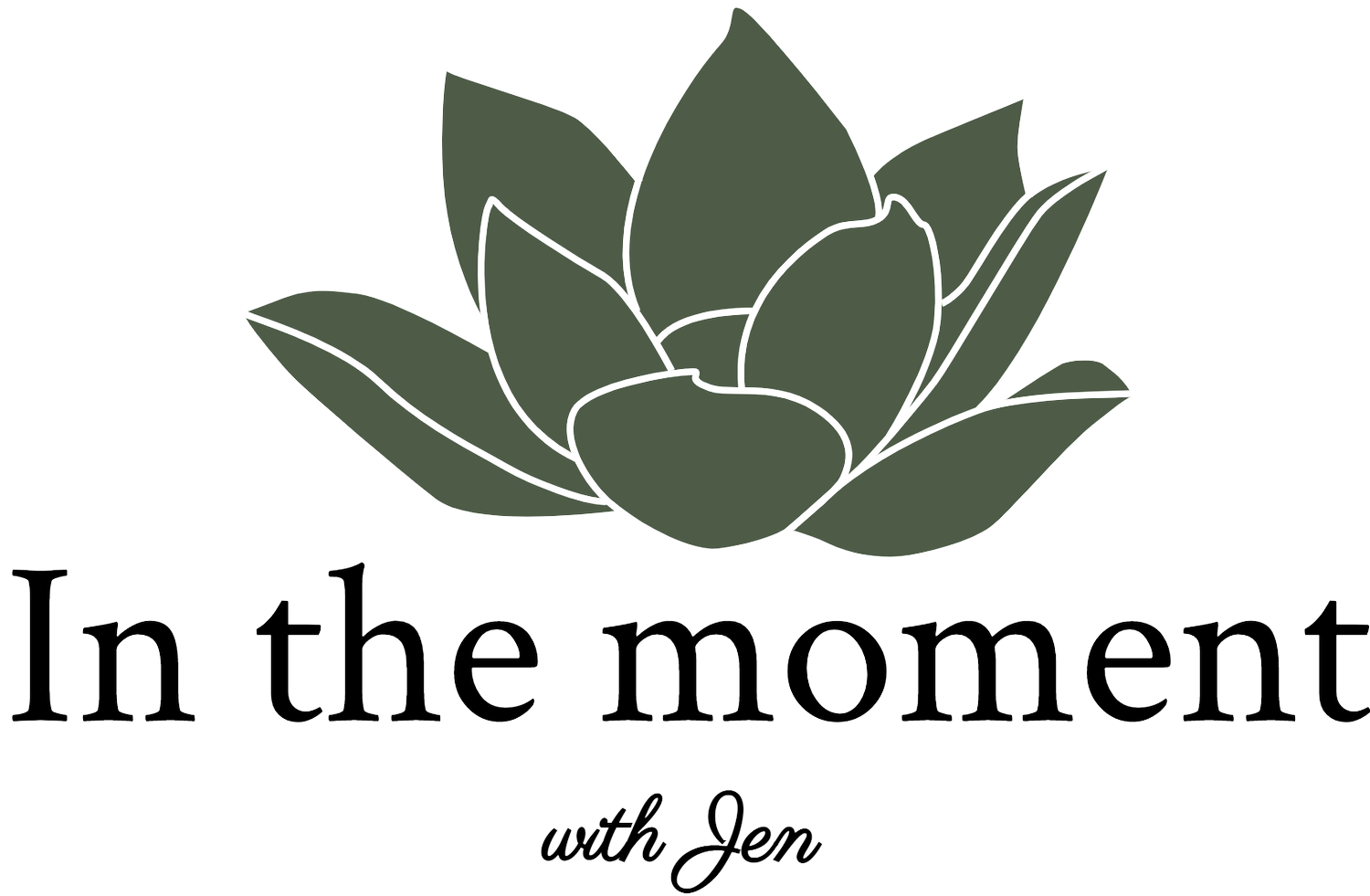Trauma-Informed, Aware, Sensitive, or Trauma-Focused Yoga. What To Choose?
How to make sense of what these terms mean when it comes to choosing a yoga class or wellness practitioner?
With so much being offered online, it can be challenging (or even confusing!) to know what class or wellness practitioner is the right fit for you. So I thought I would put together a little information about what these terms mean in the yoga and wellness industries that can possibly help you to navigate what kind of class or practitioner is right for you.
The following definitions are from a 5-day course on Yoga Therapy and PTSD with the Minded Institute I participated in this past November. The Minded Institute is a world leader in the development and implementation of Yoga Therapy and mindfulness programs for those with mental health and chronic physical health problems.
Trauma-Informed Yoga:
When the teacher understands that anyone in any class may have previous experiences with trauma. The teacher decides to hold certain principles around touch and language, to avoid unnecessarily triggering a student. For example, a teacher might ask for consent before touching you. These days, I would consider this to be an important part of someone’s training as a professional.
Trauma-Sensitive or Trauma-Aware Yoga:
A class that is specifically for survivors of trauma. Many considerations from language to touch to postures to how one walks around the room is taken into consideration. This approach helps to connect people back with their body and find their own way of safety through it. For example, the teacher might suggest options in a particularly vulnerable yoga posture. They are also being mindful of where they are standing, which words and the tone of voice used.
Telling someone to “relax” in a happy baby pose while standing above them is an example of how NOT to be trauma-sensitive. There are a number of training programs that offer Trauma Sensitivity Training. I would suggest doing your research as there aren’t specific universal guidelines and each program covers material differently. If I were to attend a class or work with a practitioner, I would want to know the approach, experience and qualifications of the teacher. Specifically, the number of hours someone has devoted to increasing their knowledge in working with folks with a history of trauma.
Trauma-Focused Yoga Therapy:
One-on-one care or a class of less than 5 people.
Trauma-focused Yoga Therapy involves a thorough intake and assessment so the teaching can be personalized with approaches and practices that aim to foster and guide connection to one’s own body in new ways to promote integration and patterns of wellbeing. With insights from research in neuroscience and physiology, trauma-focused Yoga Therapy stimulates the repair and rebuilding in areas of the brain and body that have possibly been affected by traumatic experiences.
Additionally, trauma-focused Yoga Therapy honours our felt sense of safety and agency in a number of ways and in particular through sustaining guidelines when working with folks who have been affected by trauma. For example, if you are working virtually with someone, the camera needs to stay on, so that the practitioner is aware of what’s happening moment to moment. As well, to optimize integrated support, the participants in trauma-focused classes are asked to be working with either a Mental Health Practitioner or a related supportive organization (ie. a sexual assault centre, The Royal, etc).
The intention of having an established connection or collaboration with a counsellor or a designated group is that the participants have support to talk through what may be coming up for them in between classes. In acknowledging that one person’s previous experiences can be triggering for another, generally we don’t encourage explicit sharing of our previously traumatic experience(s). As well, if someone is really struggling we want to be sure that other supports are in place so that their care doesn’t fall solely on the Yoga Therapist’s shoulders. As Yoga Therapists, we have a clear scope of practice that includes referring to and/or consulting with other practitioners when called for.
TRAUMA-FOCUSED YOGA THERAPY AVEC MOI…
I first started to work with folks through their challenging birth experiences, in birth trauma peer-based support groups, a little more than 7 years ago. I then Certified as a Birthing From Within Childbirth Mentor, in Birth Story Listening & Full Spectrum DoulaMy approach involves working from a Polyvagal Theory perspective with people through their sexual, birth or pelvic related trauma and pain. Her goal is to enhance capacities for rest, regulation and resilience by building awareness and understanding of our physiological cues in shifting through our varying nervous system states.
Since September, I have been learning from Neil Pearson PT, MSc(RHBS), BA-BPHE, C-IAYT, in his Pain Care Mentorship Program to expand my clinical skills in supporting people through persistent pain. This is allowing me to gain insights from current evidence-based research in supporting people through pain. This February, I will be launching my first trauma-focused class for those who have experienced birth-related trauma. I am also working with Warrior Yoga and The Sexual Assault Centre of Ottawa to offer a Yoga Therapy class for survivors of sexual violenc
